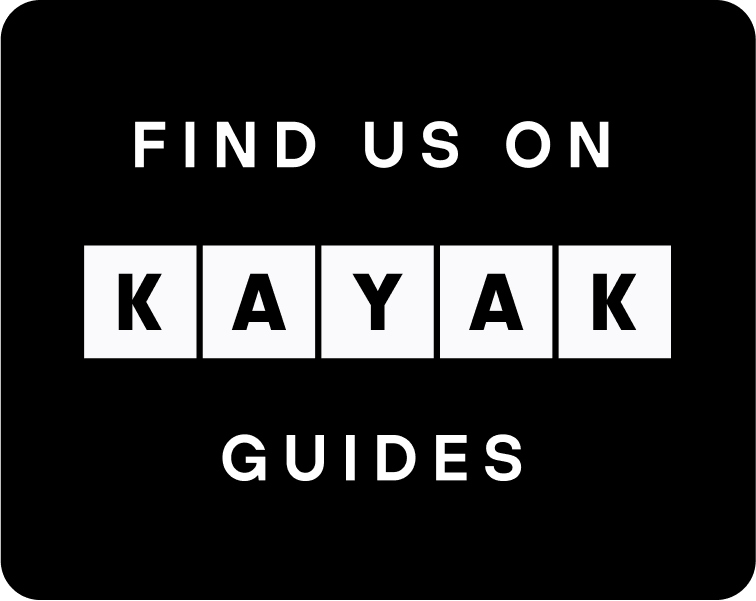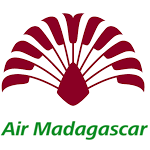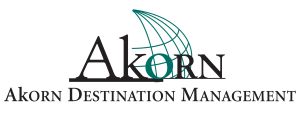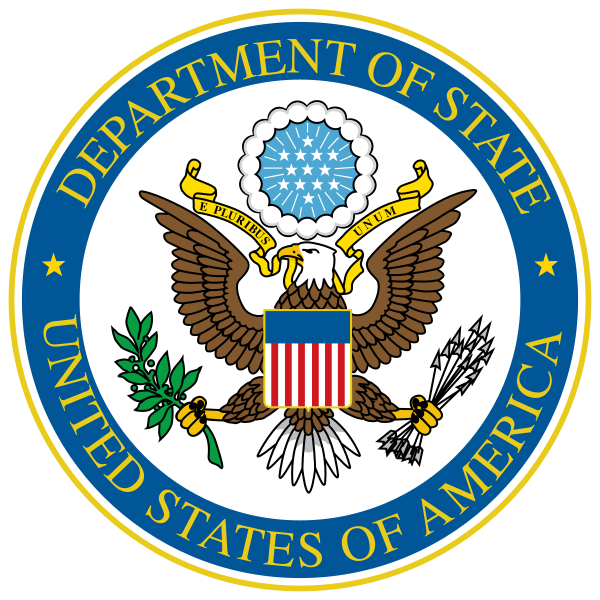Madagascar’s Fiber networks are constrained to the national and region capitals and areas of relatively high wealth and purchasing power, while microwave 3G and 4G towers are dotted in constellations around the countryside and interior, with most remote areas still suffering poor to no connection. New solutions like Google X’s Project Loon may hopefully enter the region in the medium-term future and provide connection to these missing miles for telcos and populations via the stratospheric reaches of the sky and otherwise boost existing telecom’s coverage, but at the moment you are best connected in major towns and cities. Telma, Orange, Blueline, and Airtel are the current crowd of incumbents in the telco space, with Telma somewhat renting its infrastructure to the others and the leadership toting ties and equity structures in the neighbor telcos in Seychelles, Reunion, Mauritius, and even faraway Senegal, as well as government clout.
The speed in Antananarivo of the fixed landline or 4G or LTE internet data can often literally be faster backhaul and connection download/upload speeds than places like America or Japan, given the reduced traffic hopping on to use it, ironically. SIM cards require your passport to acquire and take an hour at least plus waiting (count half a day to get one) and cost around a dollar or 2 dollars for the SIM (and can be sized for any phone without problem) while for example 50GB+ of mobile data will cost up to $100 for 2 months validity. $1 can buy a day of data as well.
Orange and Facebook have partnered to give a free version of Facebook that can be accessed theoretically on any browser but mainly on mobile phones, the main method of communications access for most Malagasy people. As a result of the free use of messenger and a data-lite Facebook posting service, the youth of Madagascar have become all-but thoroughly indoctrinated into relying on Facebook for their basic messaging and communications, social life, and news. Facebook and WhatsApp are the method of communication used by more and more Malagasy of all social classes, with SMS second in popularity. 2G and 3G phones are prevalent but by 2020 and beyond will go increasingly out of service and market.
Facebook is the predominant communication tool among youth and the most powerful medium for advertising and promotion, more than televised news. Youtube channels have become a key dissemination means for pop culture and music as well in Madagascar, with Malagasy songs getting faster traction and virality, though the vast majority of Malagasy cannot afford a computer and so access and listen and watch on smartphones. Young women in Madagascar usually covet a smartphone as a courtship gift and businessmen commonly use smartphones as status symbols at meetings as much as their vehicles now, placing their phones on the table with elegant casing and flair.
Having your embassy on fast-dial is recommended for emergencies, as police may or may not arrive and for all-but serious emergencies will just case or create complications themselves. Most hotels and hostels above the budget range do have a basic level of wifi connectivity in the lobby and/or all rooms.

















